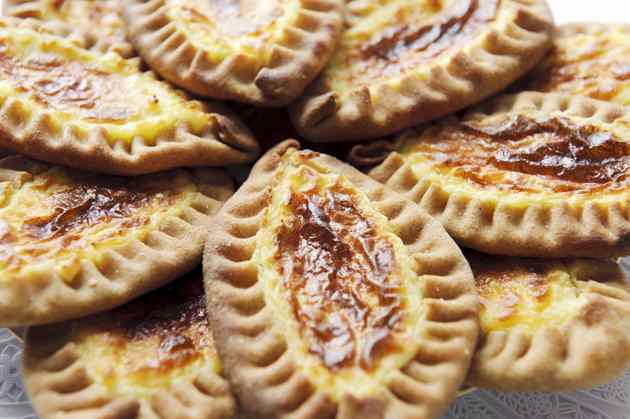Finnish values and customs

Equality, trust, honesty and nature are examples of values that are important to Finns. This page provides information about Finnish values and customs.
Finnish values
Equality and justice are important values for Finns. In Finnish society, everyone is equal and everyone should be treated fairly.
Equivalence
Under Finnish law, women and men are equal. It is common for Finnish women to work, even if they have children. Both men and women are responsible for caring for the children and the family.
Trust
It is normal for Finns to trust other people and the authorities. Democracy and freedom of expression are also highly valued in Finland. Everyone has the right to participate in the activities of society. There is freedom of expression in Finland.
Individualism
Finnish culture values individualism more than many other cultures. Freedom of the individual is strongly present in Finnish law.
Own space
Finns also highly value their privacy and their own space. For example, young people are encouraged to become independent and live in their own home.
Honesty and punctuality
Honesty is valued in Finland. It’s important to keep your promises and tell the truth. Punctuality is also important for Finns. If you have an appointment, come at the agreed time. For example, if you have made an appointment with a civil servant or doctor, it is especially important to be on time. For example, if you have made an appointment for 12 noon, make sure to arrive a little before 12 noon. If you arrive at 12:10 PM, you will be late.
Modesty
Many Finns place great value on modesty. People tend not to distinguish themselves in a group; they avoid speaking and bragging in a loud voice. In Finland they are good ways to consider and listen to others. Work and dedication are also highly valued.
Nature
Nature is very important to Finns. Many Finns like to spend time in nature, for example by camping or picking berries. Everyone’s rights (jokamiehenoikeudet) are respected in Finland. According to them, people have free access rights to nature and do not need permission from the landowner for all outdoor activities. Read more about everyone’s rights on the InfoFinland Outdoor Activities page.
Meeting people
Shaking hands is a common way of greeting in formal situations. Men and women also shake hands. Friends or relatives can also greet each other by hugging. However, kissing on the cheek is not common.
When you talk to others, look them in the eyes. In Finland, looking someone in the eyes indicates that you are open and honest with that person.
When you speak Finnish, it is common to talk to other people by first name. First name terms are also used with strangers and colleagues. Addressing others formally is only reserved for very formal occasions. It is a good idea to address the elderly in a more formal way.
Discussion and interaction
Finns like to start a conversation by getting straight to the point. The Finnish style of speaking is direct and uncomplicated. In Finland people are expected to really mean what they say. People believe what you say and expect you to act on it.
There can be a certain number of quiet moments in conversations with Finns. Silence is not a negative thing, it feels natural to Finns. There is no need to fill quiet moments with speech.
Loud speech can be considered unpleasant or threatening.
It is unusual in Finland to show your emotions in public. It is considered rude to raise your voice when speaking, especially in a public place.

Finnish food culture
Finns eat a fairly common European food consisting mainly of meat, fish, potatoes, rice or pasta. Vegetarian food is becoming more and more popular. It is customary to eat two hot meals a day, lunch and dinner. In Finland adults often drink milk too.
In Finland lunch is served earlier than in many other countries. In workplaces and schools, lunch is usually served between 11 a.m. and 12 noon. Dinner time is often around 5 pm.
Health food is often emphasized in Finland. Rye bread and various porridges, among others, are an important part of Finnish food culture. The food cultures of different Finnish regions differ from each other. Reindeer meat, for example, is an important part of Lappish cuisine, while a lot of fish is eaten on the coast. On the other hand, the food culture is also changing. Italian pasta and Asian food cultures are also visible in Finland.
Children and young people receive meals at day care and at school. School meals are free for everyone and there is no need to bring a packed lunch to school.
Finns drink a lot of coffee. For example, coffee is almost always served at parties. People often drink coffee during workplace meetings.
Alcoholic drinks are quite expensive in Finland and their purchase by young people is restricted with age restrictions. Only milder alcoholic drinks can be purchased from supermarkets. Strong alcoholic drinks are purchased from government-regulated Alko stores. Driving a car under the influence of alcohol is prohibited and can lead to a severe penalty.
Eating out in a restaurant is often more expensive in Finland than in many other countries. Alcoholic drinks are also expensive in restaurants. You don’t have to leave a tip unless you want to say thank you for a particularly good service.
